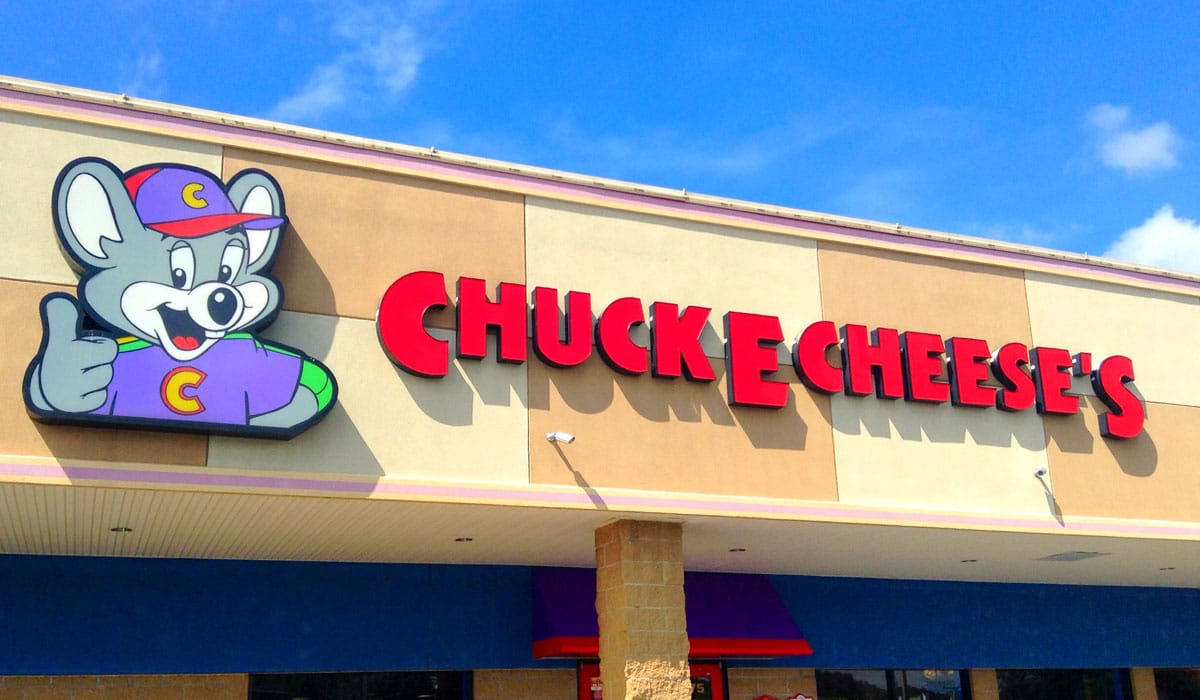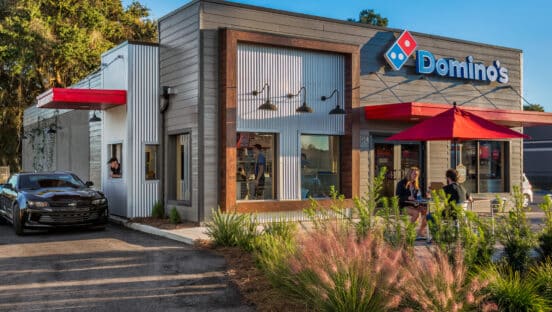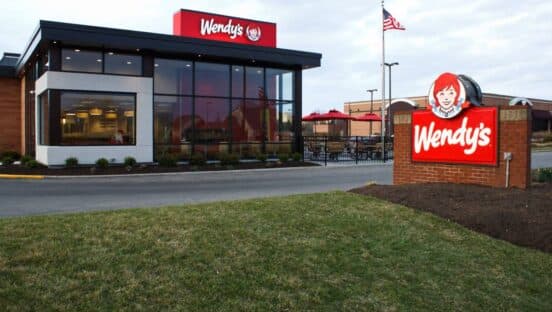Chuck E. Cheese parent CEC Entertainment filed bankruptcy Wednesday, falling to the ongoing pressures of the COVID-19 crisis.
The eatertainment brand, which also owns Peter Piper Pizza, said it will leverage the bankruptcy to continue discussions with financial stakeholders and landlords “to achieve a comprehensive balance sheet restructuring that supports its re-opening and longer-term strategic plans.”
Franchise restaurants are not included in the bankruptcy case.
As of Wednesday, 266 company-owned Chuck E. Cheese and Peter Piper Pizza restaurants have reopened under limited conditions. Subject to ongoing discussions with landlords, these locations will remain in operation during the bankruptcy proceeding and continue to provide dine-in, delivery, and carry-out services, hosting birthday parties during dedicated hours, and supporting fundraisers and events in the coming weeks and months. CEC plans to open more units each week and rehire more employees.
“The Chapter 11 process will allow us to strengthen our financial structure as we recover from what has undoubtedly been the most challenging event in our Company’s history and get back to the business of delivering memories, entertainment, and pizzas for another 40 years and beyond,” said CEO David McKillips in a statement. “I am incredibly proud of what the CEC team has achieved over the past year as we launched the All You Can Play value gaming platform, expanded our remodel program, and found new ways to engage with families while our venues were closed. I’m confident in the strength of our team and our world-class brands and look forward to more fully implementing our strategic plan as we put these financial challenges behind us.”
The company reported assets and liabilities between $1 billion and $10 billion.
During the bankruptcy process, CEC will continue to pay employees and support existing benefit programs, honor gift cards, and uphold commitments under franchising and licensing agreements.
The COVID crisis has taken its toll on the company. CEC said that from March 17 to 26—when dining and arcade rooms were first closed—comparable venue sales dropped 94 percent year-over-year. The brand quickly shifted its focus to carryout and delivery. In early April, the company furloughed most of its hourly employees and approximately 65 percent of its support center personnel and suspended rent, which costs $7 million per month. Later in April, it formed a restructuring committee to evaluate strategic alternatives, including a possible bankruptcy filing.
A few weeks later in May, the eatertainment chain announced several safety measures in anticipation of reopening, including temperature checks for employees and customers, mandatory use of hand sanitizer by consumers, and the spacing out of games.
The closure of dining rooms had a more pronounced effect on the company, given its reliance on experiential entertainment. CEC said in a SEC filing that historically, merchandise and entertainment revenue have accounted for approximately 56 percent of revenue at company-operated venues.
Prior to the bankruptcy, CEC announced retention bonuses for several employees. McKillips will receive $1.3 million, president J. Roger Cardinale will receive $900,000, and EVP and CFO James Howell will receive $675,000. The three executives are among 28 employees set to receive payment under the company’s Key Employee Retention Program, or KERP, which is designed to “retain employees of the Company in their current roles over the near term while providing them with financial stability.”
For all KERP participants other than Cardinale, the payments are contingent upon continued employment through the earlier of 12 months or 30 days after a restructuring. Cardinale must remain employed through September 30 to receive payment.
Chuck E. Cheese is the latest in what should be a continuing list of restaurants that have filed for bankruptcy during the COVID pandemic. Other notable brands that have filed bankruptcy include Sustainable Restaurant Holdings, Garden Fresh Restaurants, FoodFirst Global Restaurants, TooJay’s Deli, Le Pain Quotidien, and HopCat owner Barfly Ventures.













